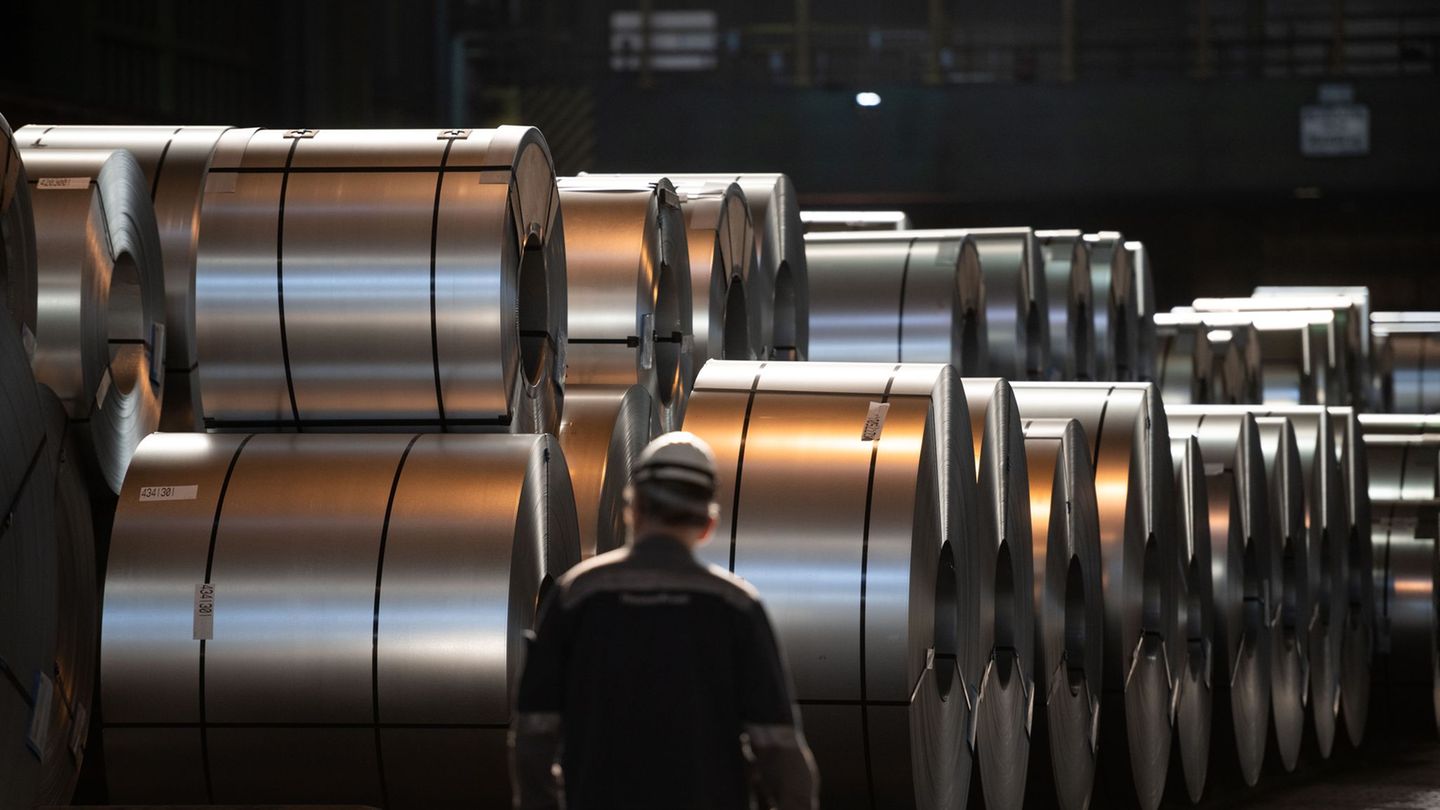Image: Kempter
Farmer advocacy is a victim of its own success. Because it has achieved that the standard values of farms are reduced, fewer membership fees flow to the Chamber of Agriculture (LWK). Austerity measures must be decided next Wednesday. “If we don’t find better solutions, painful steps will have to be taken,” says Chamber President Franz Waldenberger to OÖNachrichten.
By this he means the closure of the district chambers in Braunau and Rohrbach and their merger with the offices in Ried i. I. or Linz. That was in the majority faction, the VP Farmers’ Association, actually already approved, but was suspended in November after violent protests. “We weren’t even informed about the plans,” says Karl Keplinger, chairman of the association opposition Independent Farmers’ Association (UBV). Rohrbach is the home district of the Helfenberg farmer.
Disadvantage compared to other chambers
While the Chamber of Labor and Economic Affairs are achieving record levels of membership fees due to inflation and good collective bargaining agreements and business, the LWK is becoming increasingly financially tight due to structural change (keyword: farmers dying).
Last year, the farming representatives brought further aggravation on themselves. They have achieved that the standard values of the companies are reduced by an average of around five percent due to climate damage (droughts, storms) that reduces yields. These standard values are not only the basis for social insurance, but also for the chamber levy. The income from this will fall from 10 to 9.5 million euros in 2024. In addition, the wage round in the public sector hits the LWK hard because their qualifications are always taken over for their employees.
Membership fee base will be increased
That is why the main committee of the chamber representation has decided to increase the base membership fee for the approximately 51,000 rural landowners above the Enns by 10.50 to 25 euros (the rate of business-related contributions remains unchanged). The LWK also saves operating expenses and increases the cost contributions for some services/advice.
Nevertheless, a budget for 2024 with a minus of 700,000 euros (for a total of 40.3 million euros) will be presented to the general assembly next Wednesday for resolution. “The real reason for this is the high salary levels. If the country wants it, then it should also take over the 700,000 euros,” says UBV boss Keplinger.
However, the chamber officials cannot complain about the state government, because the subsidy that the state will make towards personnel costs in 2024 will increase by 6.75 percent to 17 million euros. “We are treated very fairly,” says chamber director Karl Dietachmair.
The locking wave
Savings and reforms have long been practiced. Since 2010, the number of employees at LWK Upper Austria has been reduced from more than 400 to around 360 (270 full-time equivalents). While still under the leadership duo Reisecker-Pernkopf, seven district chambers were closed or merged: Eferding and Grieskirchen with Wels, Gmunden with Vöcklabruck, Urfahr with Linz, Schärding with Ried; Perg and Freistadt as well as Kirchdorf and Steyr were merged into new offices in Hagenberg and Adlwang respectively. The people of Braunau and Rohrbach are (still) resisting.
more from economics




